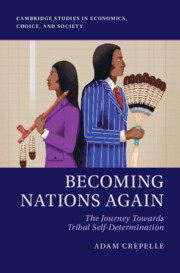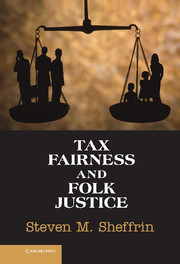Becoming Nations Again
North America's Indigenous inhabitants operated effective governments long before European arrival. Tribes built cities, developed laws, and participated in transcontinental trade networks. European arrival, however, brought many hardships for Indians. Although tribes were guaranteed the right to self-govern on reservations, the United States imposed severe restraints on tribal autonomy resulting in socioeconomic maladies, such as poverty and crime. Today, federal policies continue to inhibit tribal self-governance. As a result, tribes continue to suffer from these social ills. Becoming Nations Again argues empowering tribal governments is the key to solving tribal problems. It moves to liberate tribes from the antiquated regulations that apply only to tribal lands and allow tribes to exercise jurisdiction over all people on their land. Once this occurs, tribes will be free to implement their own laws and participate in the federalist system. This title is also available as Open Access on Cambridge Core.
- Shows how the federal government's continued colonialism undermines tribes' ability to self-govern
- Explains the unique legal challenges tribes face within their reservations
- Makes federal Indian law accessible to non-lawyers
- Title is open access
Product details
April 2025Hardback
9781009540896
330 pages
229 × 152 × 22 mm
0.591kg
Available
Table of Contents
- 1. Introduction
- Part I:
- 2. The original American governments
- 3. 'Discovering' and 'founding' America
- 4. Commerce and culture
- 5. World war and American revolution
- 6. Governing the United States and tribal rights
- 7. Indian removal and the Cherokee cases
- 8. Reservations and federal power
- 9. Allotment and assimilation
- 10. The Indian new deal to tribal termination
- 11. Tribal self-determination
- Part II:
- 12. An unfit guardian: ongoing federal paternalism
- 13. Excessive federal bureaucracy
- 14. Criminal justice crisis
- 15. Tribal economic development and uncertain civil jurisdiction
- Part III:
- 16. Domestic dependent no more
- 17. Federal recognition
- 18. Territorial jurisdiction
- 19. Tribal legal institutions
- 20. Tribes as nations
- 21. Education, ethics, and the law
- 22. Conclusion.







